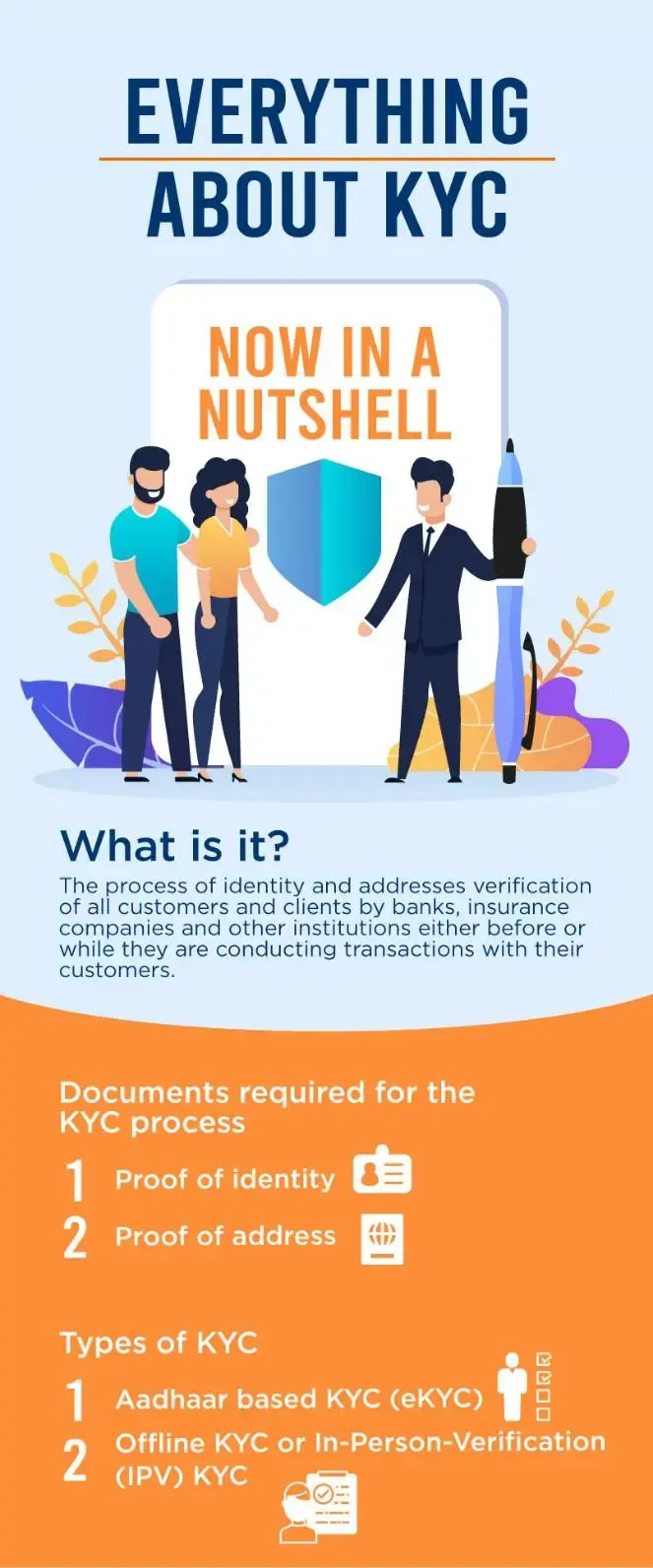Related Articles

What is Investment Definition?
An investment is essentially an asset that is created with the intention of allowing money to…
Read More
Investment Options
Choosing the best investment options for wealth management is an area of concern for people…
Read More
Types of Investment in India
Over the years, the Indian financial market has evolved. With this evolvement, financially savvy types…
Read More

